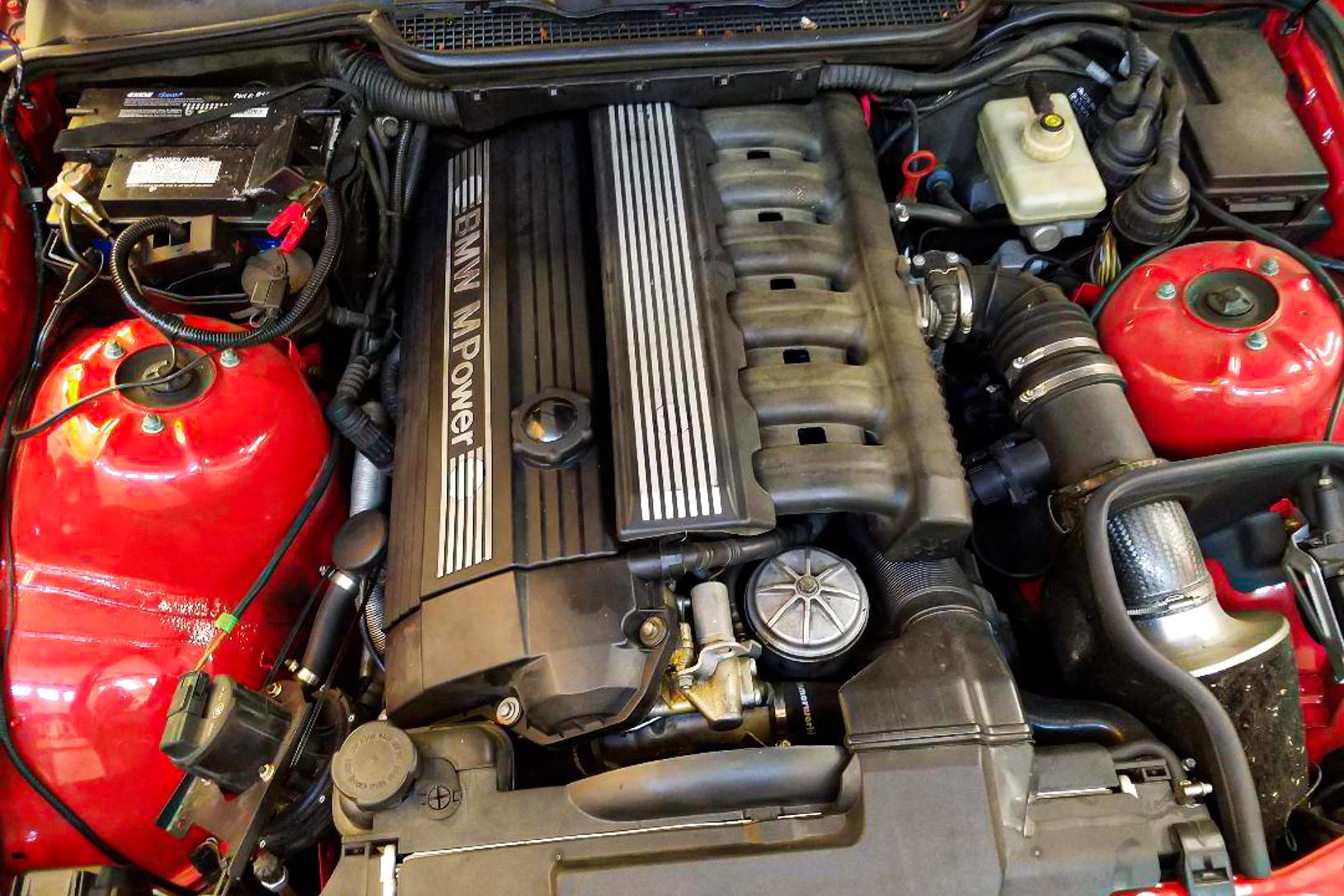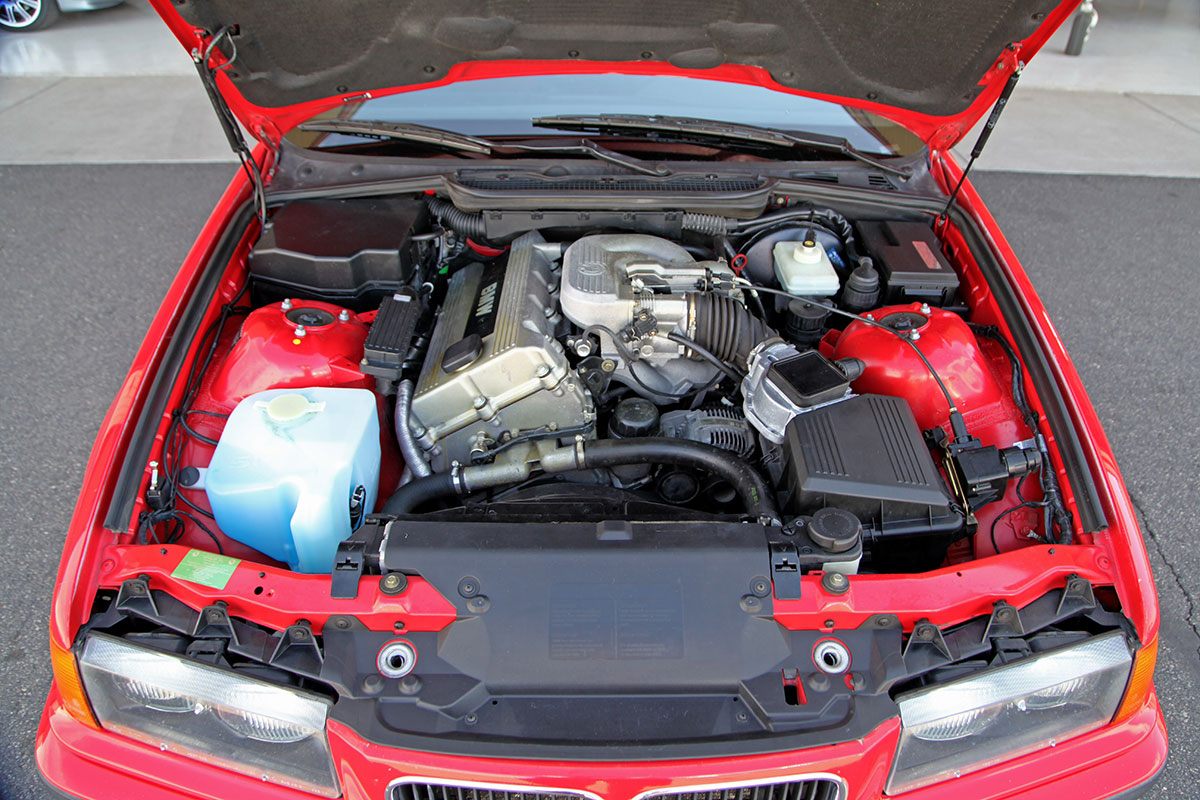The BMW 318ti: A Blend of Design, Convenience, and Efficiency
The BMW 318ti: A Blend of Design, Convenience, and Efficiency
Blog Article
Secret Functions to Try To Find When Investing In an Engine for Automotive Applications
When taking into consideration the purchase of an engine for auto applications, a number of essential attributes necessitate cautious examination to ensure optimal efficiency and performance. From power and efficiency abilities to sustain adherence, efficiency, and sturdiness to emissions standards, each facet plays a vital role in establishing the engine's viability for certain auto requirements. Moreover, cost-effectiveness continues to be an essential element in the decision-making procedure, stabilizing top quality with economic factors to consider. These functions jointly add to the overall effectiveness and reliability of the engine, affecting the driving experience and long-lasting satisfaction of the user.
Power and Efficiency
When choosing an automotive engine, buyers prioritize power and efficiency to guarantee ideal driving experience and performance. A well-performing engine not only delivers power efficiently but additionally operates efficiently throughout various speed arrays and driving conditions.
Customers usually take into consideration the engine's torque outcome together with its power score. Torque, gauged in pound-feet (lb-ft) or Newton-meters (Nm), reflects the engine's rotational pressure, influencing the automobile's capacity to tow, climb inclines, and accelerate from standstill. A balance between power and torque is essential for achieving a receptive and functional driving experience. In addition, aspects such as engine displacement, hybrid, and turbocharging modern technologies play substantial roles in improving both power and efficiency levels. Inevitably, selecting an engine that supplies a potent combination of power and performance makes sure a rewarding and reliable driving experience. bmw 318ti.
Fuel Performance
Maximizing gas effectiveness is a critical factor to consider for customers when evaluating auto engine alternatives. The effectiveness of an engine directly influences operating expense and environmental footprint. One key factor influencing fuel efficiency is the engine's design and innovation. Modern engines with attributes like straight fuel injection, turbocharging, and variable shutoff timing can dramatically improve fuel effectiveness by boosting combustion processes and lowering energy loss. Additionally, the total weight of the engine and lorry, in addition to the aerodynamics, play essential functions in determining gas intake.

Toughness and Dependability
Attaining long-lasting performance and dependable operation is vital for customers evaluating the longevity and reliability of automotive engines. When thinking about an engine for automotive applications, sturdiness describes the engine's ability to withstand wear, tension, and severe operating conditions over an extensive duration. Integrity, on the other hand, suggests that the engine can regularly do its designated feature without unforeseen breakdowns or failures.
Consumers need to try to find engines constructed with premium products and accurate design to guarantee longevity. Parts such as crankshafts, pistons, and bearings need to be sturdy to handle the engine's power outcome without early wear. In addition, engines equipped with sophisticated cooling systems, efficient lubrication, and durable filtration devices have a tendency to show greater degrees of dependability.
Regular upkeep and adherence to supplier referrals are also important factors in maintaining an engine's longevity and dependability. By complying with upkeep schedules, utilizing recommended liquids, and attending to any concerns immediately, customers can useful site make best use of the life-span and performance of their vehicle engines. Ultimately, prioritizing toughness and reliability in engine selection can bring about an extra gratifying ownership experience with less unexpected interruptions.
Discharges Compliance
Ensuring compliance with exhausts policies is an essential aspect of evaluating auto engines for ecologically mindful consumers. With boosting concerns regarding air high quality and ecological impact, stringent discharges requirements have been established worldwide to reduce unsafe toxins launched into the atmosphere. When buying an engine for vehicle applications, it is necessary to consider its discharges conformity to minimize the carbon impact and abide by legal requirements.
Modern engines are furnished with advanced emission control technologies such as catalytic converters, exhaust gas recirculation (EGR) systems, and discerning catalytic reduction (SCR) to minimize dangerous exhaust gases like nitrogen oxides (NOx), carbon monoxide gas (CO), and hydrocarbons (HC) These systems play a crucial duty in ensuring that the engine fulfills the specified exhausts requirements and operates within allowable limits.

Cost-effectiveness
When considering vehicle engine acquisitions, examining cost-effectiveness is critical for consumers seeking both performance and worth. It incorporates the general expenses associated to upkeep, fuel usage, and prospective repairs over the engine's life expectancy.
Engines that are developed to make best use of fuel economy can lead to substantial cost savings over time, particularly for individuals that drive often or over lengthy ranges. bmw 318ti. In addition, thinking about the availability and price of extra components and maintenance can add to the overall cost-effectiveness of an engine.

Conclusion
Finally, when acquiring an engine for vehicle applications, it is crucial Extra resources to take into consideration crucial features such as power and efficiency, fuel longevity, reliability and efficiency, discharges conformity, and cost-effectiveness. These elements are necessary in ensuring that the engine fulfills the requirements of the lorry and runs efficiently in numerous driving conditions - bmw 318ti. Making an educated decision based on these requirements will inevitably bring about a efficient and successful vehicle engine acquisition
From power and efficiency abilities to fuel resilience, adherence, and performance to discharges requirements, each facet plays a crucial duty in identifying the engine's suitability for specific vehicle requirements. Engines made to run on alternate fuels such as electrical power, hybrid systems, or biofuels can use better fuel economy and reduced discharges contrasted to standard gas or diesel engines. Consumers should thoroughly consider the gas effectiveness ratings and innovations incorporated right into auto engines to make educated buying decisions that line up with their concerns for price savings and sustainability.
When thinking about an engine for auto applications, sturdiness refers to the engine's capability to endure wear, anxiety, and severe operating problems over an extended duration.In conclusion, when purchasing an engine for automotive applications, it is important to take into consideration key functions such as power and performance, gas performance, dependability and durability, emissions compliance, and cost-effectiveness.
Report this page